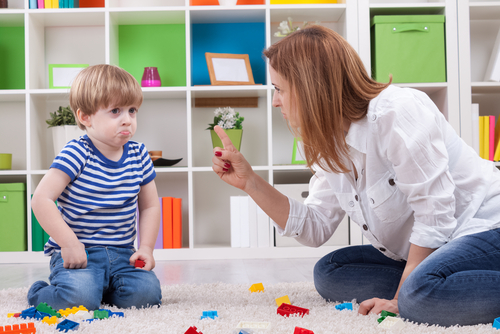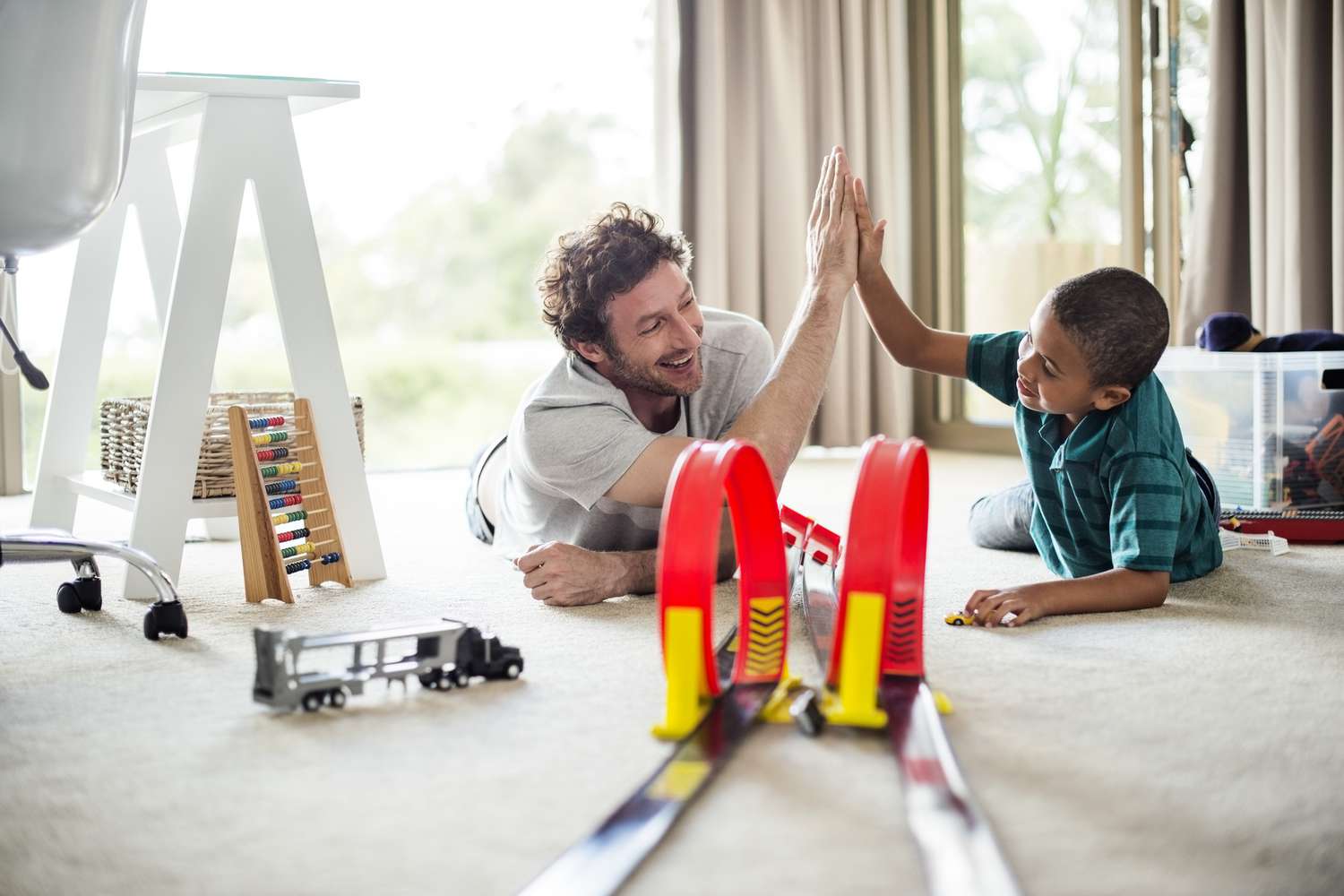Establishing Behavior Boundaries: Parenting Tips Explained
Establishing behavior boundaries is crucial for healthy relationships and self-respect in parenting. Clearly communicate needs and expectations to set limits effectively. Boundaries act as guidelines for desired treatment and acceptable behavior, fostering mutual understanding and trust. Respect for boundaries defines personal space, reinforcing self-worth. Consistent consequences and clear expectations promote positive behavior and self-discipline. Encourage positive behavior through praise and modeling good actions, empowering kids to make decisions. Remember, setting boundaries is key to nurturing strong connections and helping children thrive.
Key Takeaways
- Clearly communicate boundaries to set expectations.
- Consistently enforce consequences for behavior.
- Encourage positive behavior through praise and modeling.
- Foster independence and self-discipline in children.
- Maintain open communication to reinforce boundaries.
Importance of Boundaries

Setting clear boundaries is essential for maintaining healthy relationships and promoting self-respect. When it comes to establishing limits, it’s vital to communicate your needs and expectations clearly. Boundaries act as guidelines for how you want to be treated and what behavior is acceptable to you.
In healthy relationships, both parties respect each other’s boundaries, fostering mutual understanding and trust. By setting boundaries, you’re defining your personal space and asserting your values. This not only helps others understand your limits but also reinforces your sense of self-worth.
Healthy boundaries create a safe environment where you feel respected and valued, leading to stronger and more fulfilling relationships.
Effective Communication Strategies

To establish effective communication strategies when setting boundaries, it’s important to prioritize clear and direct dialogue that conveys your needs and expectations assertively. Active listening plays a vital role in this process.
When discussing boundaries with your child, give them your full attention, maintain eye contact, and show understanding by paraphrasing their points. This not only fosters a sense of mutual respect but also guarantees that both parties feel heard and valued in the conversation.
Assertive communication is another key aspect of effective communication strategies. Clearly state your boundaries using ‘I’ statements to express your feelings and needs without blaming or accusing.
For example, instead of saying, ‘You never listen to me,’ try saying, ‘I feel frustrated when my words aren’t acknowledged.’ This approach helps in creating a supportive environment for open dialogue and mutual understanding.
Consistency in Discipline

Maintaining consistency in discipline is essential for establishing clear expectations and promoting positive behavior in children. When you apply consistent consequences for both positive and negative behavior, you provide a structured environment that helps children understand the boundaries. By reinforcing these boundaries consistently, you help children feel secure and understand the consequences of their actions.
Consistency in discipline means that rules and expectations remain the same regardless of the situation. This predictability allows children to anticipate the outcomes of their behavior, leading to a better understanding of right and wrong. When you enforce consistent consequences, such as time-outs for misbehavior or praise for good behavior, you help children learn and internalize these expectations.
Boundary reinforcement is key in creating a stable and nurturing environment for children. By consistently upholding rules and expectations, you show children that you’re reliable and that their actions have predictable outcomes. This clarity helps children develop self-discipline and respect for boundaries, ultimately fostering positive behavior and healthy development.
Setting Clear Expectations
Establishing clear expectations with your children is crucial for fostering positive behavior and creating a structured environment. Consistency in setting clear expectations helps children understand boundaries and what’s expected of them. When rules are clearly defined, children are more likely to adhere to them. Be sure to communicate these expectations in a calm and clear manner, allowing for open dialogue between you and your child.
Consistent consequences play a significant role in reinforcing these expectations. When children understand the consequences of their actions, they’re more likely to think twice before engaging in negative behaviors. It’s important to follow through with these consequences each time a rule is broken to show that you’re serious about the expectations you have set.
Encouraging open dialogue is key to maintaining a healthy parent-child relationship. By actively listening to your child’s thoughts and feelings, you create a safe space for them to express themselves. This open communication also allows you to explain the reasons behind the expectations you have set, fostering understanding and cooperation.
Encouraging Positive Behavior

Encouraging positive behavior in your children involves providing consistent reinforcement and praise for their good actions. Positive reinforcement, such as verbal praise or small rewards, can go a long way in reinforcing behaviors you want to see more of.
Additionally, modeling behavior is vital; children often mimic what they see, so demonstrating positive actions yourself can greatly impact how your children behave.
Encouraging independence in your children is also essential for fostering self-discipline. Giving them age-appropriate responsibilities and allowing them to make choices (within limits) can help develop their sense of autonomy and self-control.
When children feel empowered to make decisions and take on tasks, they’re more likely to exhibit positive behaviors as they learn to navigate their actions and consequences.
Handling Challenging Situations
When faced with challenging situations while parenting, it’s important to approach them with patience and a calm demeanor to effectively address and resolve the issues at hand.
Dealing with tantrums can be one of the most trying situations for parents. Remember to stay composed, acknowledge your child’s feelings, and provide comfort and reassurance. Offering them a safe space to express their emotions can help diffuse the tantrum more quickly.
Handling sibling conflicts is another common challenge. Encourage open communication between siblings, teaching them conflict resolution skills and the importance of compromise. Intervene when necessary but allow them the opportunity to work through minor disagreements independently to foster their problem-solving abilities. Recognize and praise positive interactions between siblings to reinforce good behavior.
Building Trust and Respect
To foster a healthy parent-child relationship, it’s essential to prioritize building trust and respect through consistent communication and positive reinforcement. Trust building forms the foundation of a strong bond with your child. It involves being honest, reliable, and keeping promises. When you follow through on commitments, your child learns to trust your words and actions.
Showing respect for boundaries plays an important role in this dynamic. Respecting your child’s boundaries teaches them the importance of personal space and autonomy. It’s crucial to communicate openly with your child, listen actively, and validate their feelings. By doing so, you demonstrate respect for their thoughts and emotions.
Positive reinforcement, such as praise and encouragement, further strengthens trust and respect in your relationship. Celebrate your child’s achievements, both big and small, to show that you appreciate their efforts. Remember, building trust and respect is a continuous process that requires patience, understanding, and consistency.
Frequently Asked Questions
How Can I Handle Disagreements on Discipline With My Partner?
Handling disagreements on discipline with your partner requires open communication strategies and compromise techniques. Address consistency challenges together and use conflict resolution tactics to find common ground. Remember, working as a team will benefit your child’s development.
What Should I Do if My Child Constantly Tests the Boundaries?
When your child constantly tests boundaries, stay calm and provide consistent consequences. Open communication is key to understanding their behavior. Set clear expectations and follow through with appropriate discipline to reinforce boundaries effectively.
Is It Okay to Adjust Boundaries Based on My Child’s Age?
Yes, adjusting boundaries based on your child’s age is essential. Developmental stages play a key role in setting age-appropriate boundaries. As a parent, understanding your child’s needs and capabilities at different ages can help tailor your parenting approach effectively.
How Do I Address Boundary Issues With Extended Family Members?
When managing extended family dynamics, it is crucial to communicate openly and assertively. Address boundary issues respectfully, setting clear expectations. Use ‘I’ statements to express your feelings and concerns, fostering understanding and cooperation among family members.
What if My Child Doesn’t Respond to Positive Reinforcement?
If your child doesn’t respond to positive reinforcement, it’s important to contemplate implementing negative consequences and exploring alternative methods. Seeking professional guidance, like behavior therapy, can provide valuable insights and strategies to address challenging behaviors effectively.
Conclusion
To sum up, establishing behavior boundaries is essential for raising well-adjusted and respectful children.
By using effective communication strategies, being consistent in discipline, setting clear expectations, and encouraging positive behavior, you can create a harmonious and respectful environment at home.
Remember, handling challenging situations with patience and building trust and respect with your children will ultimately lead to a strong foundation for their future success.
Keep up the good work, and remember that parenting is a journey filled with learning and growth.

Chad Adan Kace, a young dad from Vermont, shares his parenting journey with a touch of humor and lots of love. Father to a lively baby, he explores the joys and challenges of fatherhood through his stories.







